Peter Schiff: This Jobs Report Does Not Reflect “Job Creation”
The economy is recovering quickly! Just look at the rebounding jobs market. But in a recent podcast, Peter Schiff poured cold water on the notion that falling unemployment is necessarily a sign of an impending economic boom. After all, people going back to work do not reflect actual job creation.
The March jobs report came in better than expected. According to Labor Department numbers, nonfarm payrolls rose by 916,000 last month, and the unemployment rate declined to 6%. But even within this rosy report, there were some shadows. While the labor participation rate ticked up slightly to 61.5, this remains a very low number.
So, despite the fact that a lot of people returned to their jobs, there’re still a lot of people that aren’t working at all, thanks in large part to the US government, which is providing tremendous financial incentives for people not to return to work.”
There are still nearly 7.9 million fewer Americans counted as employed than in February 2020, while the labor force is down 3.9 million.
Peter said it’s important to keep the jobs report in perspective. It does not reflect a strong economy creating all sorts of new jobs that never existed before.
This is an economy where jobs that were temporarily put on hold are being restored. People who left their jobs because of the COVID shutdowns are now returning to those jobs.”
The Labor Department numbers reflect this. The biggest job gains in March were in sectors hardest hit by the government response to the pandemic. The leisure and hospitality sectors showed the strongest gains with 280,000 “new” jobs. Bars and restaurants added 176,000 jobs. Arts, entertainment, and recreation added 64,000 jobs on the month.
There was also a big jump in education jobs as schools begin to reopen for in-person learning.
But even with the big job gains, the leisure and hospitality sectors remain 3.1 million jobs below their pre-pandemic total. And Peter noted that all of the people who lost their jobs are not going to return to work.
Many of the businesses they use to work at are not going to reopen. Or some of the ones that do reopen may only reopen temporarily before they shut down. So yes, we’re going to get some big job numbers in the near term. But don’t confuse that with a booming economy. We’re simply allowing the jobs that we already had and which were temporarily lost to be restored. But again, we’re not going to restore all that was lost due to a lot of the damage that is permanent.”
We also have to contend with the effects of the government “cure” for the economic hit inflicted by the COVID – the debt, the money printing, all of the new government spending. This is going to take a further toll on an economy that was weak before coronavirus reared its ugly head.
I expect a lot of the jobs that have been restored to be lost again. Except this time it won’t be a temporary loss. It will be a permanent loss.”
Even as the number of jobs increased, average hourly earnings ticked down slightly. They were expected to rise 0.2%, but instead, they fell 0.1%. Average hourly earnings year-over-year were also well below estimates. Economists estimated a rise of 4.6%, but it came in at just 4.2%.
The number of jobs added in the manufacturing sector was less stellar, coming in at an unimpressive 53,000.
The US continued to lag on manufacturing, which is why our manufacturing trade deficits continue to hit record highs. And I think we’re going to keep setting a string of new record highs in the months ahead because the vast majority of the jobs that we are going to be adding are not going to be in goods-producing jobs but in service-providing jobs. And all these workers are going to need to buy things that other Americans are not making. The stuff that they’re going to be buying are things that workers in other countries that actually have stronger economies are going to be producing. So, the trade deficits are going continue to rise.”
Peter said the most important thing to keep in mind as you look at these job numbers is that they don’t evidence a strong economy.
It evidences the inflation that’s being created by the Fed and all of the money that’s being spent by the US government. Yes, if you print enough money and spend enough money, well sure, in the short run, people are going to go back to work as they’re spending all that money. But this is not the result of economic growth. We’re spending money without actually producing the goods to give that money value. We are relying on the goods that are being produced by the rest of the world and their continued willingness to exchange the goods that they produce for the paper that we print. And what we’re ignoring as we’re looking at these strong GDP numbers — we’re not paying attention to the exploding debt, which is making that GDP growth possible.”
The question is what are the consequences of that debt? How will servicing that debt and trying to repay that debt weigh on future GDP?



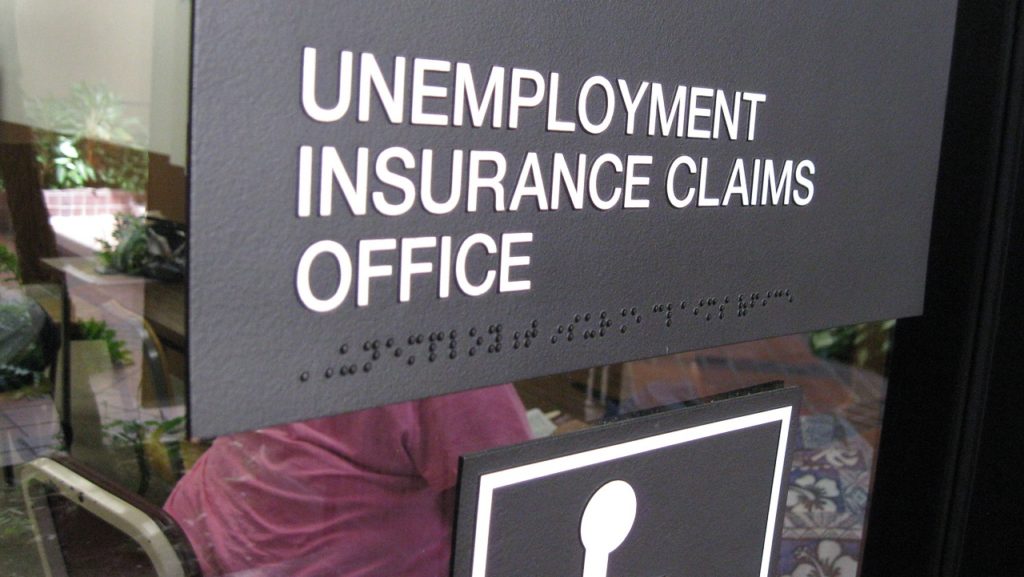

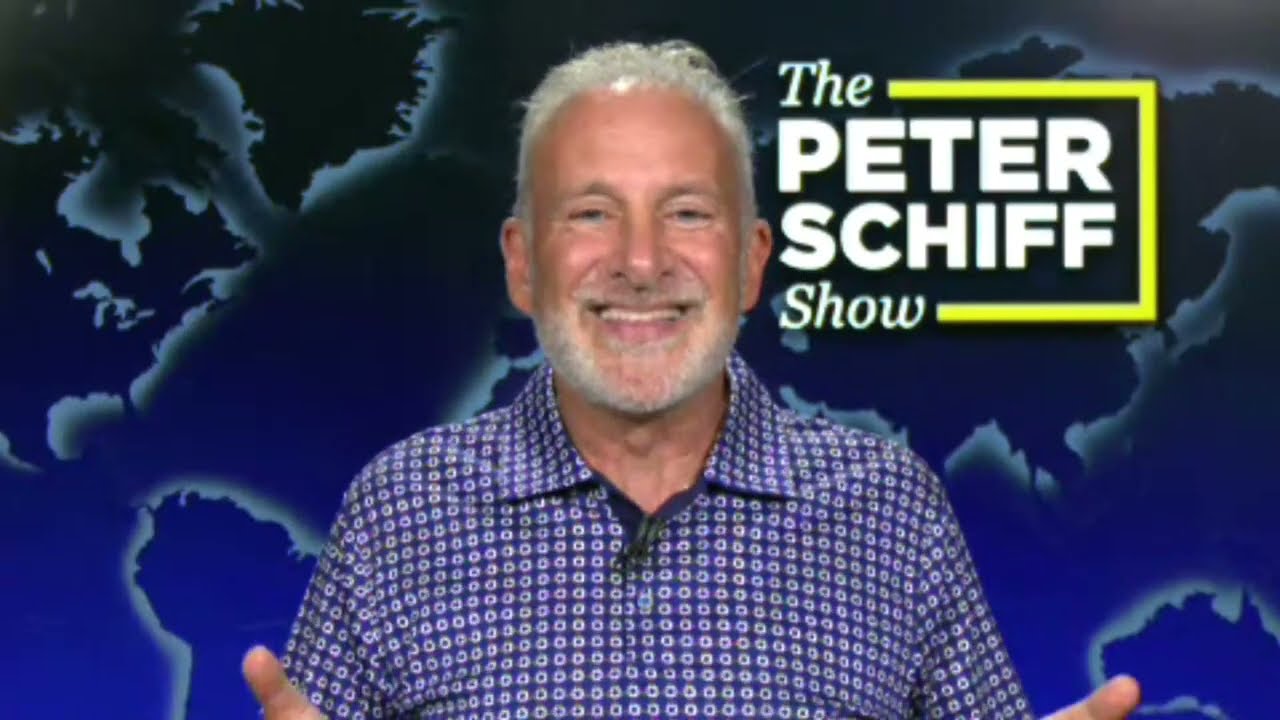 Peter leads off this week with an episode covering last Friday’s stock catastrophe, Bitcoin’s recent performance, and the start of President Trump’s so-called “hush-money” trial.
Peter leads off this week with an episode covering last Friday’s stock catastrophe, Bitcoin’s recent performance, and the start of President Trump’s so-called “hush-money” trial.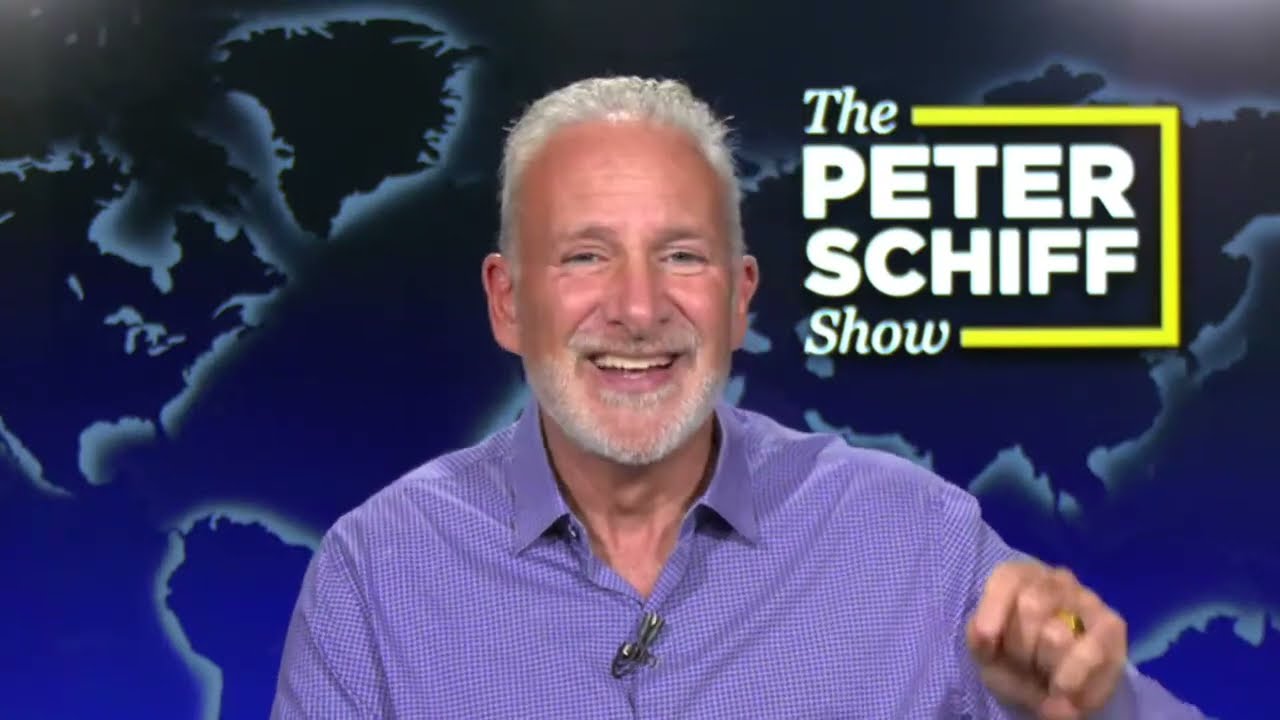 Peter’s back in Puerto Rico this week for his podcast after another week of record gold prices. In this episode, he discusses media coverage of inflation, this week’s CPI report, and Bitcoin’s weakening price relative to gold.
Peter’s back in Puerto Rico this week for his podcast after another week of record gold prices. In this episode, he discusses media coverage of inflation, this week’s CPI report, and Bitcoin’s weakening price relative to gold.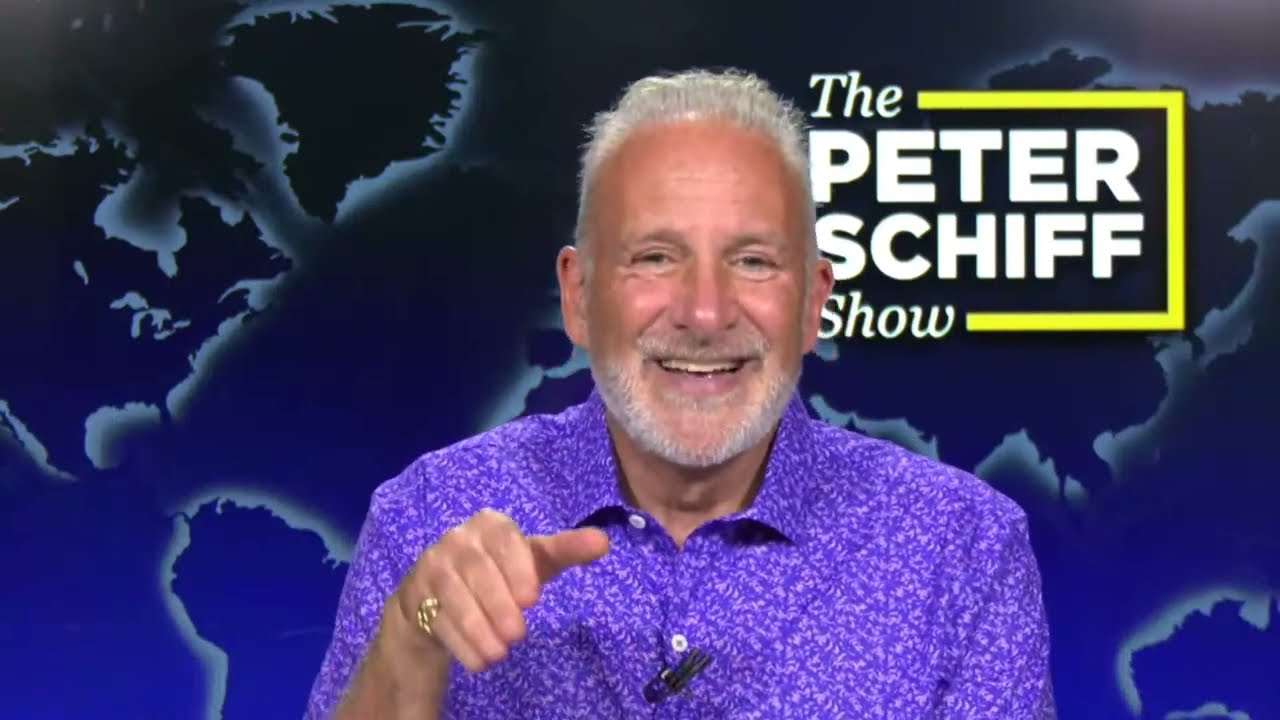 This week Peter recaps another stellar week for precious metal. He also discusses Friday’s jobs report, commodity prices, and Bitcoin.
This week Peter recaps another stellar week for precious metal. He also discusses Friday’s jobs report, commodity prices, and Bitcoin. This week Peter returned from vacation, and he was just in time for a surge in the price of gold. He discusses the factors contributing to gold’s record prices, the similarities between today and the 1970s, and data pointing to future inflation in America.
This week Peter returned from vacation, and he was just in time for a surge in the price of gold. He discusses the factors contributing to gold’s record prices, the similarities between today and the 1970s, and data pointing to future inflation in America.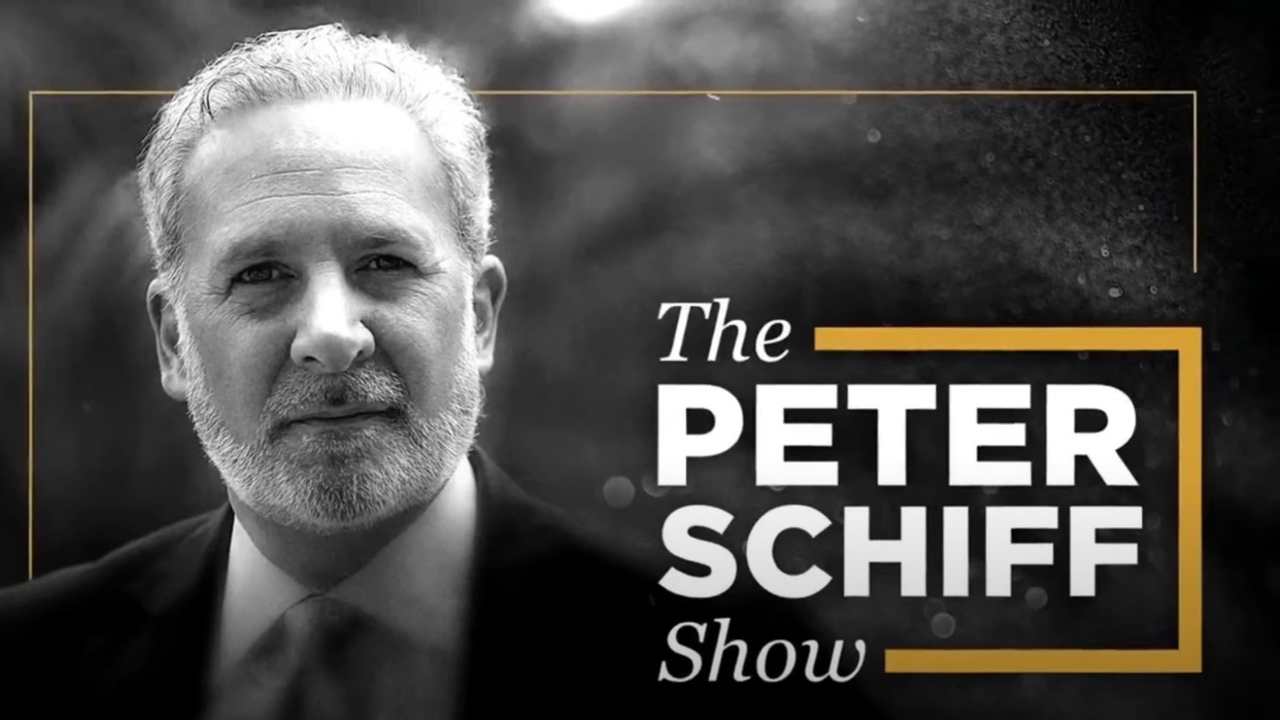 This time Peter tackles Jerome Powell’s speech from Wednesday, in which he announced that the Fed is holding the federal funds rate between 5.25 and 5.5%. He also briefly discusses Bitcoin’s pullback and the media’s lies about Donald Trump.
This time Peter tackles Jerome Powell’s speech from Wednesday, in which he announced that the Fed is holding the federal funds rate between 5.25 and 5.5%. He also briefly discusses Bitcoin’s pullback and the media’s lies about Donald Trump. 